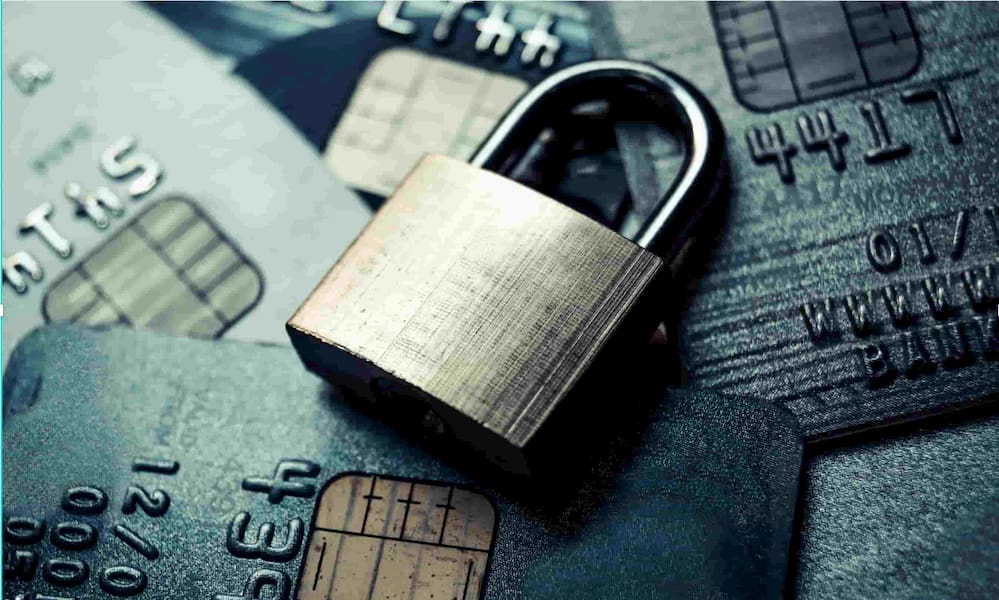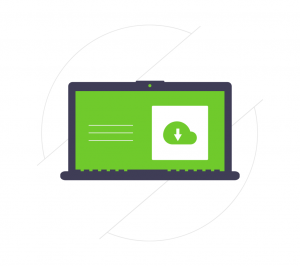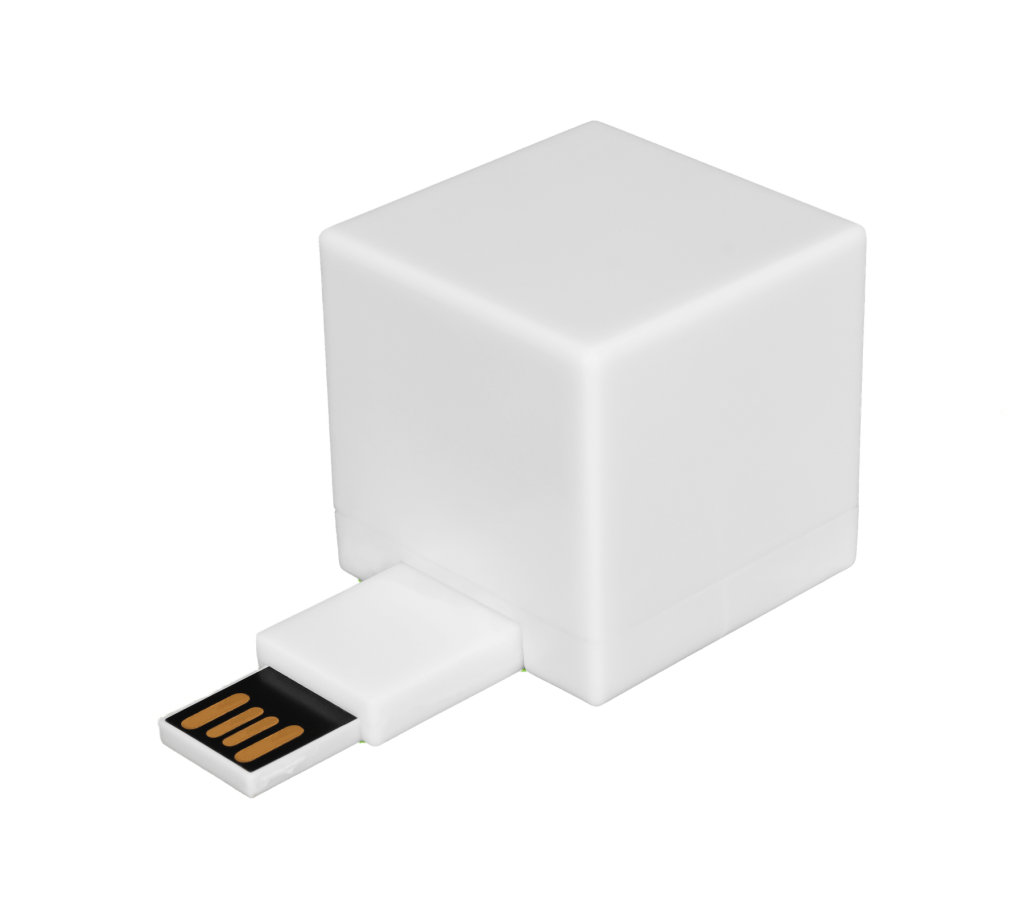Has your company ever experienced a data spill, or would it even know if it had experienced one? With so many operating online and the world’s increasing connectivity, data security is more important than ever. Breaches can occur in any industry, making it crucial to ensure your company is taking all the precautions necessary to protect its data.
This all sounds very dire, but this guide will explain how you can keep your information safe and secure, help you to prevent data spills from happening, or remediate a data spill if it happens.
What is a Data Spill?
The National Institute of Standards and Technology (NIST) defines a data spill as a “security incident that results in the transfer of classified information onto an information system not authorized to store or process that information.” Data spills may also be referred to as data breaches or leaks.
There are many different types information that may be affected by a data spill, including:
- Trade secrets
- Customer data
- Credit card information
- Contact information
- Passwords
- Financial information
- Employee information
- And more
There are many negative effects on companies following a data spill, as even exposing just a couple of these information elements can mean bad actors have the keys to perpetrate many different types of fraud. These effects can include:
- Financial loss
- Damaged reputation
- Disruption of operations
- Legal ramifications
A data spill can have major financial impacts on a company, with an IBM study finding the average cost of one in 2019 was $3.92 million. Such breaches can also greatly affect consumer perception and trust, companies may experience disruptions in their day-to-day operations, and there may be legal ramifications of sensitive information being leaked.
All in all, the risks make data spills a situation that is best prevented.
What to Do if You Experience a Data Spill

You just got the bad news that your company experienced a data breach, and that may have you wondering what to do next, who to call, and where to start cleaning up such a mess. The Federal Trade Commission (FTC) advises that you follow these steps following a data spill:
- Assemble a response team.
The team needed will vary depending on the size of your company, but could include forensics, legal, information security, information technology, operations, human resources, communications, and management. - Secure physical areas.
Any areas that are potentially associated with the breach should be secured. Consult with your team on the degree to which operations should be shut down and when operations could resume. - Stop additional data loss.
Take any affected equipment offline, but be sure not to turn anything off until it is analyzed by forensics. - Remove improperly posted information from the web.
Be sure to remove any information that may have been improperly posted on your website, other websites, social media, etc. - Talk to the person who discovered the data spill.
The person who discovered the breach may have critical information about it, and you’ll need to make sure to get their statement. You will also want to talk to anyone else who may have information on the data spill. - Do not destroy evidence.
Over the course of your investigation and remediation, be sure that you don’t destroy evidence from the data spill. This could be crucial later on.
A data breach may seem overwhelming, especially because there is no right way to remedy one. You will have to go through the right reporting steps and eliminate the threat, then put in the time and effort to regain your clients’ and customers’ trust over time.
How to Prevent Data Spills in the Future
A data spill is definitely something your company wants to avoid, but how do you do that? There are a number of steps to prevent data spills from happening in the first place, including:
- Keeping business and personal accounts separate.
One way to minimize the risk of a data spill is to keep your business and personal accounts separate. That means email, banking, and any personal accounts should all be separate to avoid information from one sector of your life spilling over to another. - Auditing security protocols.
Another way to greatly reduce the threat of a data breach is to perform routine audits. That means regularly checking for gaps in security compliance that could increase the risk of data spills. - Training and educating your staff.
Once you’ve ensured that your policies are in place, it is important to inform and train your staff on these policies and why they are there. - Ensuring strong passwords.
Many people don’t realize how vulnerable their passwords make them, but most reuse the same passwords for nearly all their accounts. That means a breach of one account might lead to a breach of many. Transitioning to passphrases vs passwords can thus increase security. - Not opening spam emails.
Spam happens. It’s an unfortunate reality, but there is something you can do about it. When it comes to protecting you and your company’s information, it’s important to be careful what emails you open. Some spam mail can contain malicious links or viruses that will leave your information vulnerable. - Involving your team.
Many data breaches are accidents, but employees may not be aware that something they are doing is leaving data vulnerable. It is critical to ensure your whole team knows which behaviors may increase the risk for data spills, and what they can do to protect their data. That includes strong passwords and not accessing personal accounts from business computers.
Passwords or account information are not the only items at risk if data is leaked. Documents can be, too, making it important that yours are stored in a way that keeps them secure. You could use passwords to protect them or store them on secure servers, for example. For any documents that are no longer needed should be disposed of securely, as well.
Simply deleting files on your computer does not destroy them completely. The best way to ensure documents are destroyed is to use a digital file shredder, which works a lot like a physical file shredder in that documents cannot be recovered. This will keep personal information, company data, client notes, and more out of bad actors’ hands.
Only You Can Prevent Data Spills
Data spills are an unfortunate risk as our lives become increasingly digitized. The good news is there are many steps you can take that can keep you, your information, and the information of your company safe. Contact Shred Cube today if you have questions or to discuss your data spill concerns with an expert.












